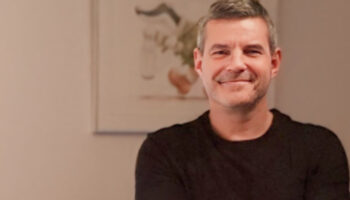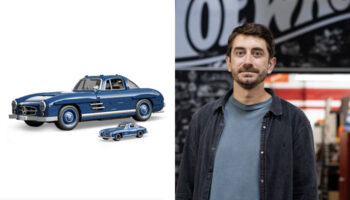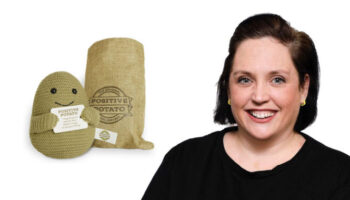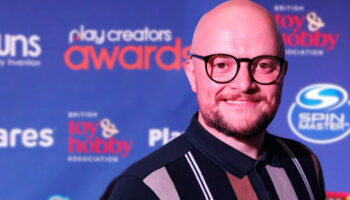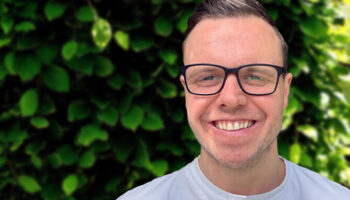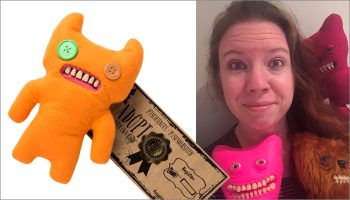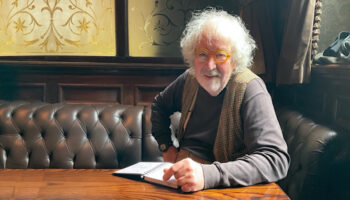FUNdamentally Children’s Dr Amanda Gummer on how the Seedling programme helps start-ups succeed
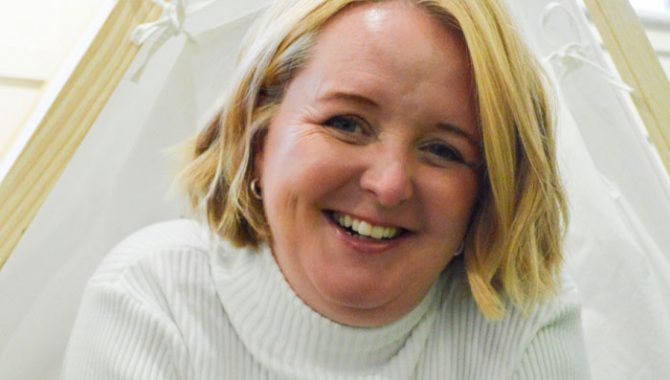
Amanda, it’s always lovely to chat. For anyone new to your Seedlings programme, tell us what we need to know.
It’s a support programme for start-ups in the toy industry and the wider children’s industries. It’s there to help people get off the starting blocks in the right way. It can be a bit of a chicken and egg situation for start-ups – they need research at the start of their journey to determine whether their idea has got legs… But, at that stage, they usually don’t have the money to pay for it. The Seedlings programme is our solution to that challenge.
I love it when we come across someone with a great idea that we can help. Helping people channel their enthusiasm in the right way, avoiding the pitfalls that are involved with starting your own business is why I love my work.
How does research shape a start-up at that early stage? Why is it so important?
You want to be sure that you’re making informed decisions at a crucial point in the growth and evolution of a business. If you’re going to fail, you want to fail fast because it’s cheaper! It’s better to find out early that something isn’t right or that there’s a huge commercial issue, before you go too far and sink all your money into it. If you uncover issues early, you can usually pivot. Having access to research in the early stages of a start-up can massively increase the chances of longer term success. With one in 10 start-ups failing within the first three years, they are looking for anything that tips the balance in their favour.
How developed should a concept or a company be before signing up to this programme?
The earlier you start your research, the more cost effective it is. The further down the line you are, the more research you need to help guide your decisions. It’s like when a tree grows – if you can stake it down and get it growing straight early, that’s much easier than trying to remedy things that have gone wrong when you’re further down the line.
I’d imagine there’s a perception that ‘mission-based’ toys need research more than, say, a silly party game. Is that a myth you’re keen to debunk?
It’s a battle I fight regularly! The Good Play Guide isn’t overly worthy; it’s not just about educational toys or wellbeing toys. For me, play is good for kids – full stop. Whether that’s Pie Face, a play set or an educational product. Regardless of the category you’re in, if you want your product to be a commercial success, you need to do your research.
Now, what does someone need to have, mindset-wise, to get the most out of this programme?
Absolutely. There’s no point in doing the research if you’re not going to believe the findings. And the research has got to be robust because, let’s face it, you can get people to tell you whatever you want to hear about your toys. If you say: “I want the research to show this is good for developing fine motor skills of kids aged four to six” but the research doesn’t show that, then the research doesn’t show that! You’ve got to the research properly and then be prepared to listen to the evidence.
Great advice. I’m sure most of our readers will be well aware of you and your team, but for anyone interested in your background and expertise in this area, talk us through your experience.
I’m a research psychologist and have been for over 20 years. I’ve been doing research into child development and play for a range of different organisations, and I’m supported by a great team of experts. Some are education specialists; some are licensing specialists and through our Associate Network, we can pull on some top-notch people to support start-ups as and when they need it. In a nutshell, we help people make better things for kids and make a profit doing so.
You work with lots of different companies, big and small, across the toy industry. Do you think the sector is in a good place creatively at the minute?
We’re in a great place when it comes to innovation. The tricky bit is getting that innovation into the hands of kids. At the moment, everyone is risk-averse so there’s a lot more of the same old stuff on shelves because companies know it worked then and it might work now. It’s challenging for start-ups.
Sometimes, those new to the industry are tempted to start very broad if they’ve created a brand. There’s the toys, a book, an idea for a TV show, apparel… Is there a value in focusing on one area, getting that right and expanding your brand from there?
You shouldn’t spread yourself too thin initially or you’ll run out of money without getting the traction; it’s best to focus on what the brand really is. If it’s a character brand, you’ve got to have a really rich narrative… Whether it’s a book, or a TV show, or a toy line, you’ve got to know your characters.
Do one thing and do it really well first, but it’s important to dream big. Retailers won’t stock a one-trick pony, so you need layers and there’s merit to having plans for where your brand will go. But focus on figuring out what your core offering is first and get that right. And if you get the research right when it comes to your core offering, it helps you build the right things on top of that.
Amanda, this has been great. My last question: What helps you fuel your creativity?
Water helps me. Being by the sea, a swimming pool or even a jacuzzi… Water is incredibly clarifying when it comes to your thoughts and helps me to dream big.
Great answer – and a nice excuse for regular trips to sunny coastal destinations! Thanks again Amanda, let’s tie in again soon.
–
To stay in the loop with the latest news, interviews and features from the world of toy and game design, sign up to our weekly newsletter here


